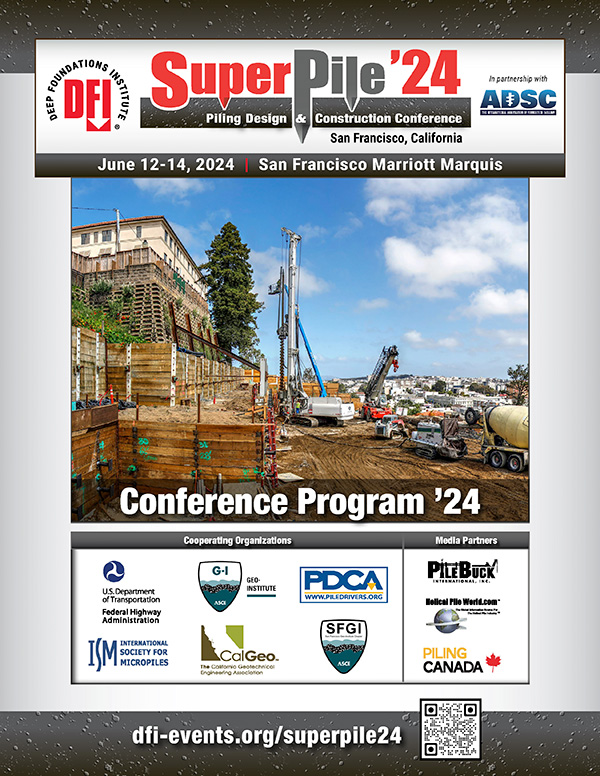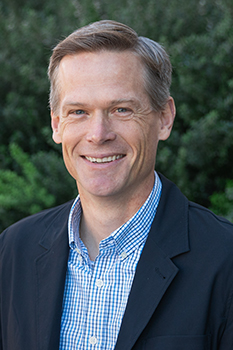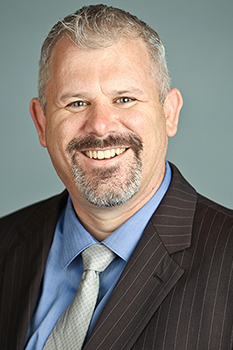SuperPile ’24 Program Highlights
Technical Program
Keynote Speaker
Life-Cycle-Based Considerations in Design of Driven Piles
Geotechnical infrastructure projects must be designed to satisfy safety and serviceability requirements, and design solutions that meet these criteria while minimizing cost are often selected. In recent years, there has been a growing initiative to evaluate and consider environmental impacts associated with the possible design options. Environmental accounting methodologies, such as life cycle assessment (LCA), have increasingly been employed to quantify the environmental consequence of geotechnical systems.
Invited Speakers
SuperPile ’24 will feature speakers sharing their expertise in the deep foundation field.
A History of Deep Foundations in San Francisco
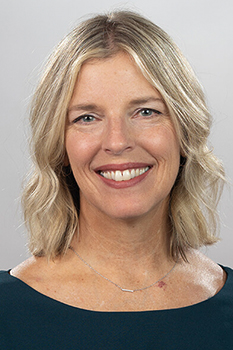
Lori Simpson, P.E., G.E.
Langan Engineering and
Environmental Services, Inc
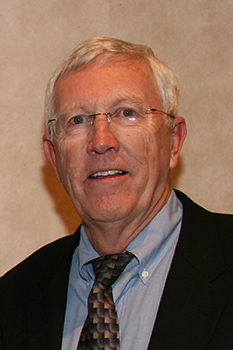
M. Byrl Williams, P.E.
Foundation Constructors,
Inc
Established in 1776, San Francisco was a small town until the California Gold Rush of 1849 created a frenzy of growth because of its strategic location as the gateway to Gold Country. This growth spurred a construction craze as the population grew from about 459 in 1847 to 25,000 by the end of 1849. With such demand for land, reclamation was performed to push out the shoreline to the north and the east, and construction extended into the marshes and to the bay margins. Even the Great 1906 San Francisco Earthquake and Fire did not deter expansion...
Measuring Embodied Carbon in Foundations: Why, how, and what’s next?
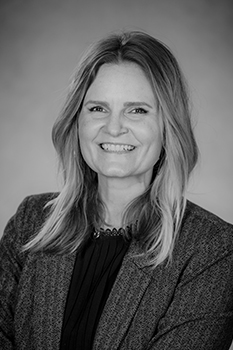
Kimberly Martin, Ph.D., P.E., ENG SP
Keller
Kimberly Martin is a Senior Engineer at Keller-NA. In her current role, she is responsible for developing and implementing Keller's sustainability strategy in North America, which includes leading innovation initiatives to support Keller's carbon targets. Kimberly previously worked in the oil and gas industry as a lead geotechnical engineer on global development projects. She is the past chair of the Arizona Geo-Institute and is the current secretary of the Geo-Institute's Sustainability in Geotechnical Engineering Committee. Kimberly also sits on the DFI's sustainability committee and serves as cochair of the EFFC-DFI Sustainability Guides Task Group.
Panel Discussion
Geotechnical Risk Allocation in Design-Build Foundations
Design-build contracts achieve cost and scheduling efficiencies through collaborative risk mitigation between the Owner, Consultant/Geotechnical Engineer of Record, Design-Build Contractor, and Contractor. The contract allocates risk to the party best suited to manage it and allows latitude for innovative or proprietary designs provided the agreed performance metrics are maintained. On the other hand, prescriptive contract requirements assure consistency while also necessarily curtailing possible areas of collaboration.
This panel discussion addresses managing risk during the design-build bid and contracting processes including:
- Information that should be disclosed during the bid process to reduce change order risk;
- Prevention of unreasonable scope exclusions and other deceptive bidding approaches;
- Assignment and management of risk between the Owner, Consultant/Geotechnical Engineer of Record, Contractor, and Design-Build Contractor based on the differing site conditions clause and other contract provisions;
- Addressing and managing differences between the Owner’s and the Consultant’s practice including how design will conform to state-specific or agency-specific geotechnical design manuals; and
- Establishing a plan for Owner and Consultant involvement in the design-build process and quality control.
The panel will be moderated by President/Founder Tom Farrell, PE, GE, of Farrell Design-Build. Panel members comprise professionals who represent the various stakeholders in design-build projects: Michael Liao, PhD, PE, GE, of Caltrans (public agency/owner); Jeff Fippin, PE, GE, of ENGEO Incorporated (geotechnical consulting firm); Ravi Vedantham, PE, of Condon-Johnson & Associates (geotechnical construction contractor); and Michael Muchard, PE, of Malcolm Drilling (Experts in Specialty Foundations).
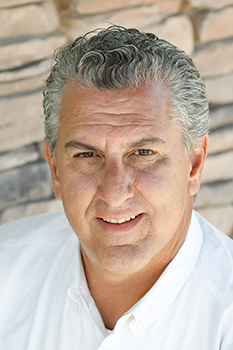
Tom Farrell, C.E.,
G.E.
Farell Design-Build, Inc.
Moderator
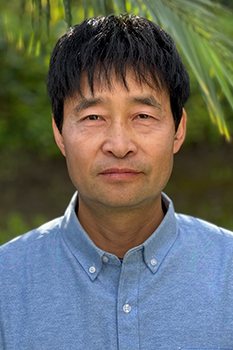
Michael
Liao, Ph.D., P.E., G.E.
Caltrans
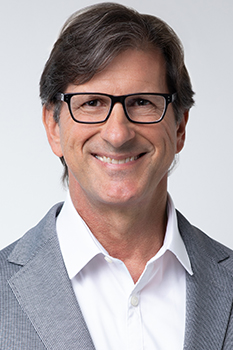
Michael Muchard, P.E.
Malcolm Drilling
Company, Inc.

Roberto Lopez, P.E.
Condon-Johnson &
Associates, Inc.
Professional Development Hours (PDHs)
An increasing number of professional engineering licensing organizations require members to pursue professional development on a formal basis. DFI is pleased to provide a general Certificate of Participation for all its technical programs. This certificate is accepted by most licensing boards and serves as documentation of your pursuit of continuing education credits.
There are some states that may not accept the general DFI certificate. Attendees are responsible for determining whether the PDHs offered by DFI are accepted by their respective licensing board.
The number of general PDHs for this conference will be announced soon.
